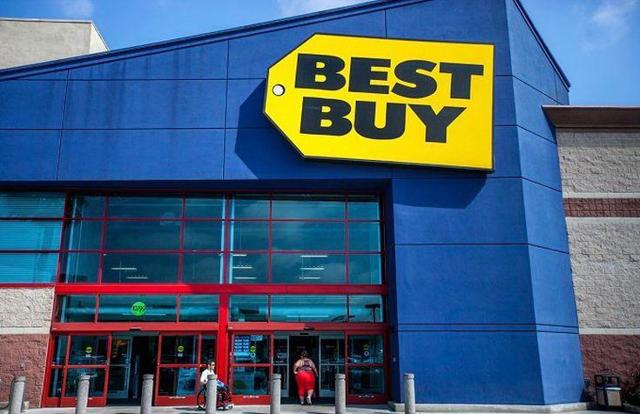Source: Google Images
Down 20% over the past year, Best Buy (NYSE:BBY) demonstrates investment intrigue as a result of the company's discounted valuation, compelling dividend yield of 3.04%, healthy financials, and attractive value proposition. Driven down by online retail competition from Amazon (AMZN) and slight revenue contraction, past investor sentiment on BBY has not been very optimistic. This article will offer an investment analysis of BBY; discussing the company's financials, dividend, business strengths, valuation, and growth trajectory.
Investment Thesis
Best Buy remains one of the most formidable names in the consumer electronics retail space. BBY has successfully weathered the rise of Amazon and other online retail competitors due to the company's competitive pricing, personalized store buying experience, and online integrations. With $42 billion in annual revenues, BBY remains one of the largest multi-channel consumer electronics retailers with stores in the U.S., Canada, China, and Mexico. The company boasts 1,500 physical store locations in the United States and operates the seventh largest online retail e-commerce platform. Such significant geographical diversification and prominent online sales presence enable the company to cater to a broader consumer base, appealing to both online and in-store buying customer tendencies. BBY offers a very extensive selection of consumer electronic items, ranging from digital hardware, tech devices, game systems, video games, computers, cameras, home appliances, and tech devices.
The company's concentration in the consumer electronics segment offers advantageous brand differentiation as high-priced consumer electronic items afford better profit margins and are readily demanded by consumers. Today's modern day society brings with it an insatiable infatuation with technology-related items. Revenue opportunities within the highly demanded consumer electronics sector are poised for substantial upside, as over the next five years, the current revenue pool of $331 billion in consumer electronics spending is expected to increase to $430 billion by 2023. Increased demand for consumer
